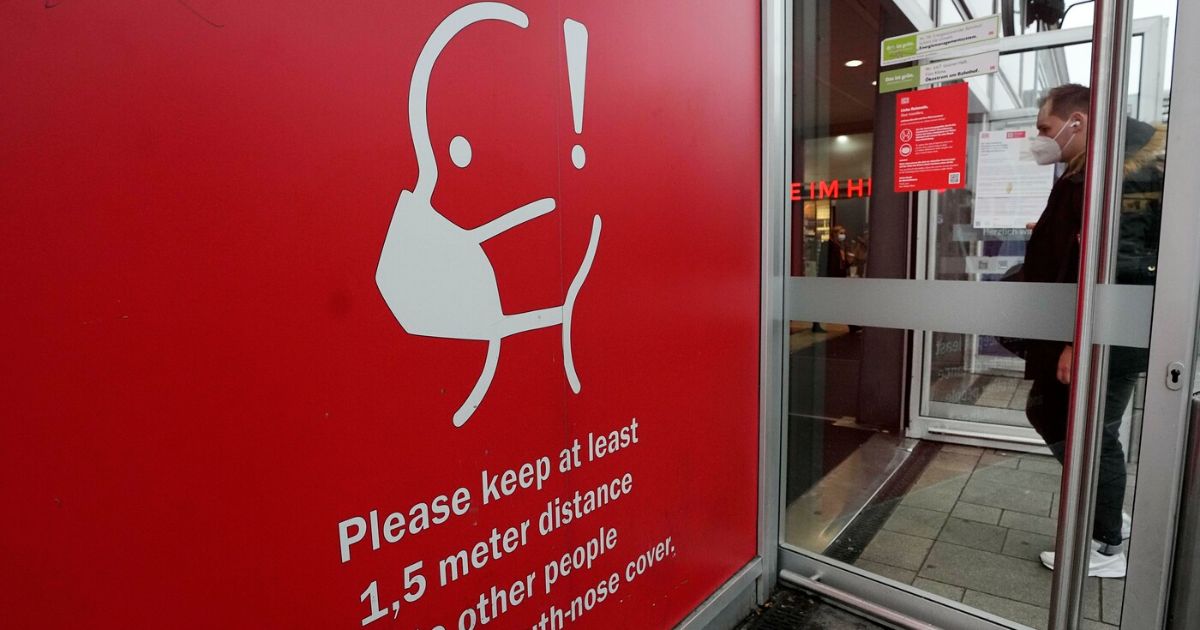America
Joe Biden’s dream bursts: The other Joe says no to the US President’s showcase project
—
An influential Democrat says no to the ambitious social policy proposals of the White House. This means that Joe Biden’s flagship package, which he advertised under the slogan “Build Back Better”, has failed for the time being.
—
West Virginia Senator Joe Manchin has tried “everything humanly possible” but has failed in finding a compromise with President Joe Biden.
–
On Friday, Vice President Kamala Harris was asked who actually had the say in Washington: President Joe Biden or the other Joe, party colleague Joe Manchin – a Democratic senator who, due to the tight majority in the small chamber of Congress, often tips the ball Libra can play.
Harris was indignant. She said to the interviewer, the well-known Afro-American presenter Charlamagne tha God: “Come on now! It’s Joe Biden. And don’t speak like a Republican by asking if he’s president or not. “
Harris aide tries to cutting off VP’s interview with Charlamagne Tha God after he asked her if Joe Biden or Joe Manchin is president pic.twitter.com/Onw9UyknCG
— Majority Report (@majorityfm) December 18, 2021
–
On Sunday, however, the other Joe, Senator Manchin, had the final say in this ongoing debate. In the talk show “Fox News Sunday” the representative from the structurally weak West Virginia announced that he could not support the socio-economic model project of the White House.
He had tried “everything humanly possible” in order to find a compromise in months of detailed work with Biden in the dispute over “Build Back Better”, as the package is called by the government. But “I cannot vote to go ahead with this bill”.
“This is a no on this legislation” — On Fox News Sunday, Manchin announces he won’t vote for the Build Back Better bill. Game over. pic.twitter.com/p0rCu4kl7M
– Aaron Rupar (atrupar) December 19, 2021
–
And because this “no” might still leave room for interpretation, Manchin followed up with a written statement. In this, the eleven-year-old senator accused his party colleagues of wanting to transform the country so “dramatically” that it was ultimately more vulnerable. Manchin spoke of the threat posed by an excessively high national debt.
The package, which provides for new expenditures of more than 2,000 billion dollars, has therefore failed. Without Manchin, the Democrats, who are 50 of the 100 members of the Senate, would not have a majority in the small chamber. Biden will now try to use the break from meetings over Christmas and New Years to cut back on “Build Back Better”. Such concessions to Manchin (and a few other skeptical party colleagues who, however, did not lean that far out the window) met with criticism from the party’s left wing.
Is Manchin now turning his back on the Democrats?
Biden and Manchin get on quite well privately, even if the White House responded on Sunday with an extremely sharp statement to the other Joe’s no. The President, who represented his state of Delaware in the Senate for 36 years, is familiar with the specifics of the small chamber. He therefore also knows that if he puts Manchin under too much pressure, then the senator could be tempted to change political camps. “It would be a great idea” if Manchin were to give up his Democratic party membership, said Mitch McConnell, the Republican faction leader in the Senate, last week.
–


